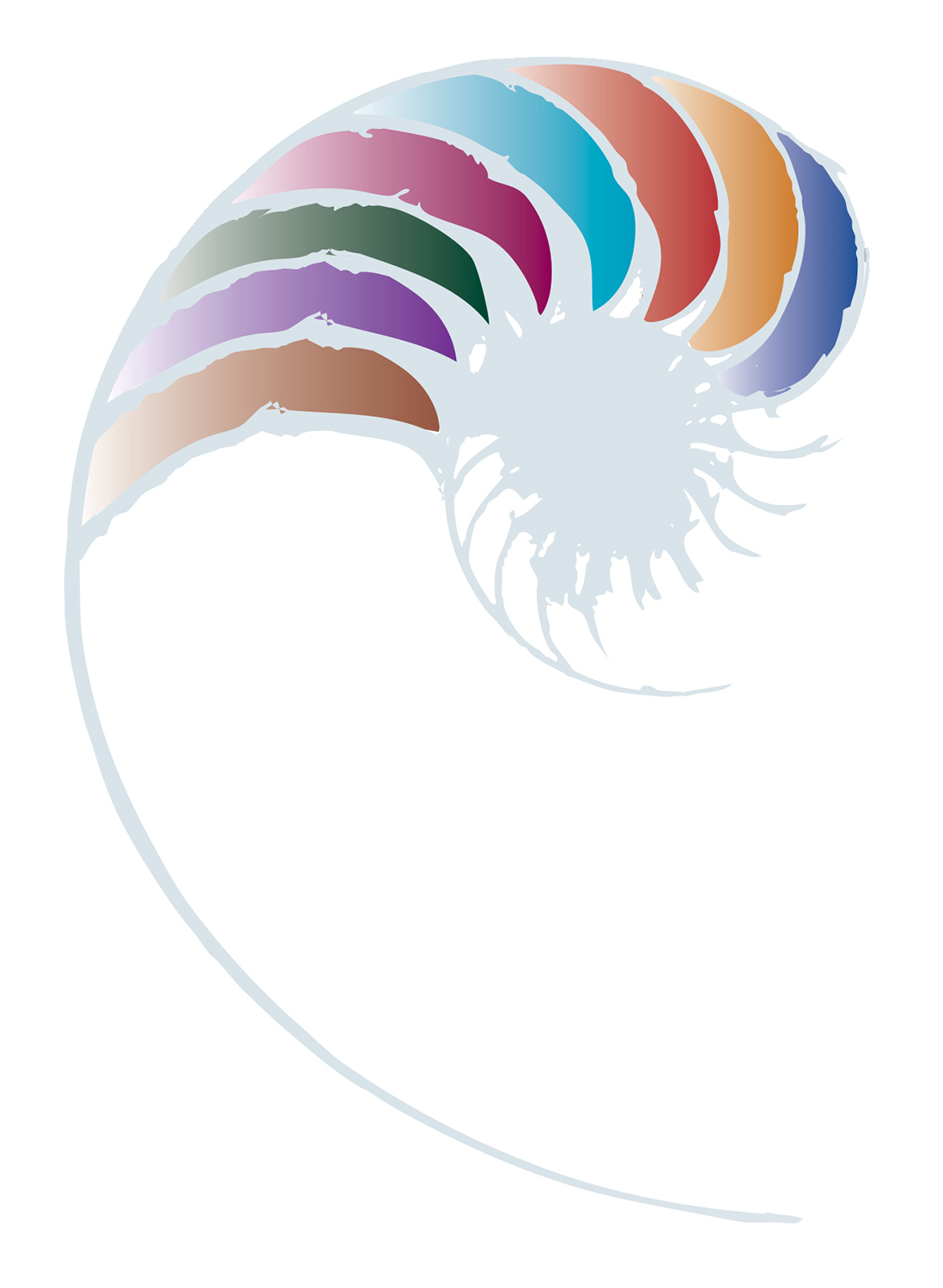Te wāhi ki ngā kaiako i te ako i te reo ā-waha
Kaiako responsibilities in oral language
Ka moumou ki te takoto mātaotao ki te pukapuka. Whakahokia mai ki te arero, ka whakamahi ai.
Language is wasted, lying neglected within books. Return it to the tongue, and then use it.1

"Kaiako are the key resource in any early learning service. Their primary responsibility is to facilitate children’s learning and development through thoughtful and intentional pedagogy." (Te Whāriki, p. 59)
Intentional teaching practice cards
See Materials that come with this resource to download the Talking-Together, Te-Kōrerorero Intentional Teaching-Practice Cards (.pdf).
- Intentional teaching
- Cultural responsiveness
- Inclusive practice
Intentional pedagogy refers to “teachers’ planful, thoughtful, and purposeful use of knowledge, judgment, and expertise to organise learning experiences for children” in everyday play activities, routines, and transitions.2 The quality of kaiako talk and interactions plays a key role in converting intentional pedagogy into actions.
Intentional teaching includes planning for tamariki to hear and participate in a range of oral language rituals. For example, formal mihi, greetings, karanga, talanoa, humour, debates, planning discussions, and stories.
Talking together, Te kōrerorero supports kaiako to adopt intentional teaching practices. It provides information about how children learn and progress as they become increasingly capable of understanding and using oral language. Knowledge about how children learn and progress helps kaiako to identify teachable moments. It leads to tailored learning experiences that deepen and strengthen children’s oral language learning.
- Milroy, W., & Kāretu, T. (2018). He kupu tuku iho: Ko te reo Māori te tatau ki te ao. Auckland: Auckland University Press.
- McLaughlin, T., & Cherrington, S. (2018). Creating a rich curriculum through intentional teaching. Early Childhood Folio, 22(1), 33.
- Ministry of Education, Ka hikitia: Actions for early learning. Wellington: Ministry of Education.
About this resource
This resource supports kaiako in understanding their role and responsibilities in oral language development through the lenses of intentional teaching and culturally responsive and inclusive practices. The intentional teaching practices cards are available for download.



